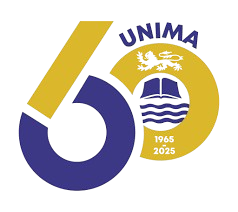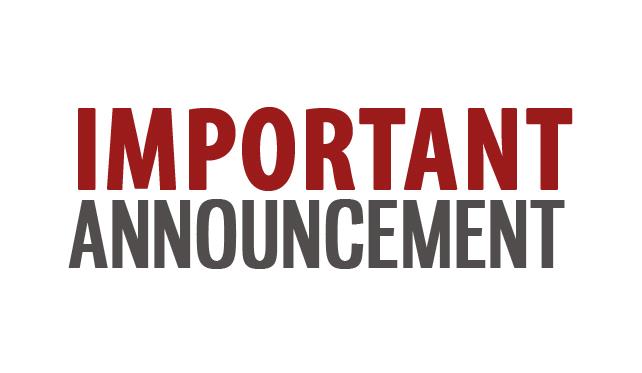WHERE IS THE AFRICAN GOD PHILOSOPHICAL PERSPECTIVES OF EVIL POVERTY AND SUFFERING CALL FOR BOOK CHAPTER ABSTRACTS
Department of Philosophy, University of Malawi
Department of Theology and Religious Studies, University of Malawi
Purpose
The book seeks to interrogate the African/African-American conception of God in relation to suffering, poverty, and evil. While Africans are known for being very religious, with a strong belief in the existence of a God who is, among other things, a provider of needs, omnipotent, creator, and so on, the challenges that Africans face in the contemporary times remain a paradox. What is the best way to explain this contradiction? A response to this question triggers the necessity of embarking on this philosophical interrogation. The underlying assumption is that the conceptions of God affect people’s understanding and behaviour towards different challenges such as poverty, hunger, and evil. We invite chapters abstracts that focus on traditional African culture, modern African values that integrate local and foreign influences, and the African-American experience to bear on the explanation of this contradiction. Authors should attempt to explain how traditional religious concepts inform the current African situation/or African-American experience in relation to various difficulties faced by Africans and African-Americans.
List of Themes (the list is not exhaustive)
-
The nature of Gods in relation to suffering/evil
-
African conception of human nature and suffering/evil
-
God, wealth creation and prosperity
-
God and suffering/evil in African communitarian philosophy
-
Vitalogy and the interpretation of evil/suffering
-
Politics, God, and suffering/evil
-
African ethics, God, and suffering/evil
-
Disasters, God, and evil/suffering
-
Poverty and God
-
African religions, theology, and God
Submission Procedure
Scholars are invited to submit a 300-word abstract. Authors should also submit a title page indicating the title of the proposed chapter, author(s) name(s), affiliation and corresponding author’s email address. Authors of accepted proposals will be notified and sent chapter guidelines. All submitted chapters will be double-blind peer-reviewed. In addition, contributors may be requested to serve as reviewers of manuscripts.
Abstracts should be sent to gmkayange@gmail.com; dtembo@unima.ac.mw
Important Dates
5th June 2022: Abstract submission
15th June 2022: Notification of acceptance of abstracts
30th October 2022: Draft chapter submission
30th February 2023: Revised chapter submission
15th April 202: Notification of acceptance of chapters
30th June 2023: Final chapter submission
About the Editors
Grivas Muchineripi Kayange is an Associate Professor of Philosophy at the University of Malawi. He graduated in philosophy at the Gregorian Pontifical University in Rome. His main research is in Analytic Philosophy, African Philosophy, Metaphysics, Language, Ethics, and Logical Concept of Truth. Some of his publications are: Meaning and Truth in African Philosophy (2018), Capitalism and Freedom in African Philosophy (2020), Co-editor Addiction in East and Southern Africa (2020), The Question of Being in Western and African Analytic Metaphysics (2021), and Ethics in Malawi (2021), Ubuntu and Moral Character Formation (Forthcoming).
Dorothy Tembo is a Senior Lecturer in the Department of Theology and Religious Studies at the University of Malawi. She holds a Doctorate Degree in Religions from SOAS, University of London. She primarily works with missionary archives from the Free Church of Scotland and Dutch Reformed Church Missions, Cape Town, South Africa. Her research is focused on the intersection of colonialism and Christianity. She investigates the impact of mission work on the construction of ethnic identities, gender, African marriage, and African religions in colonial Malawi. She is presently co-editing Nehanda: Women's Liberation Theologies in Southern Africa, a book that examines African women's liberation theologies and how they challenge patriarchy, colonialism, capitalism, racism, tribalism, sexual and disability-based discrimination.





